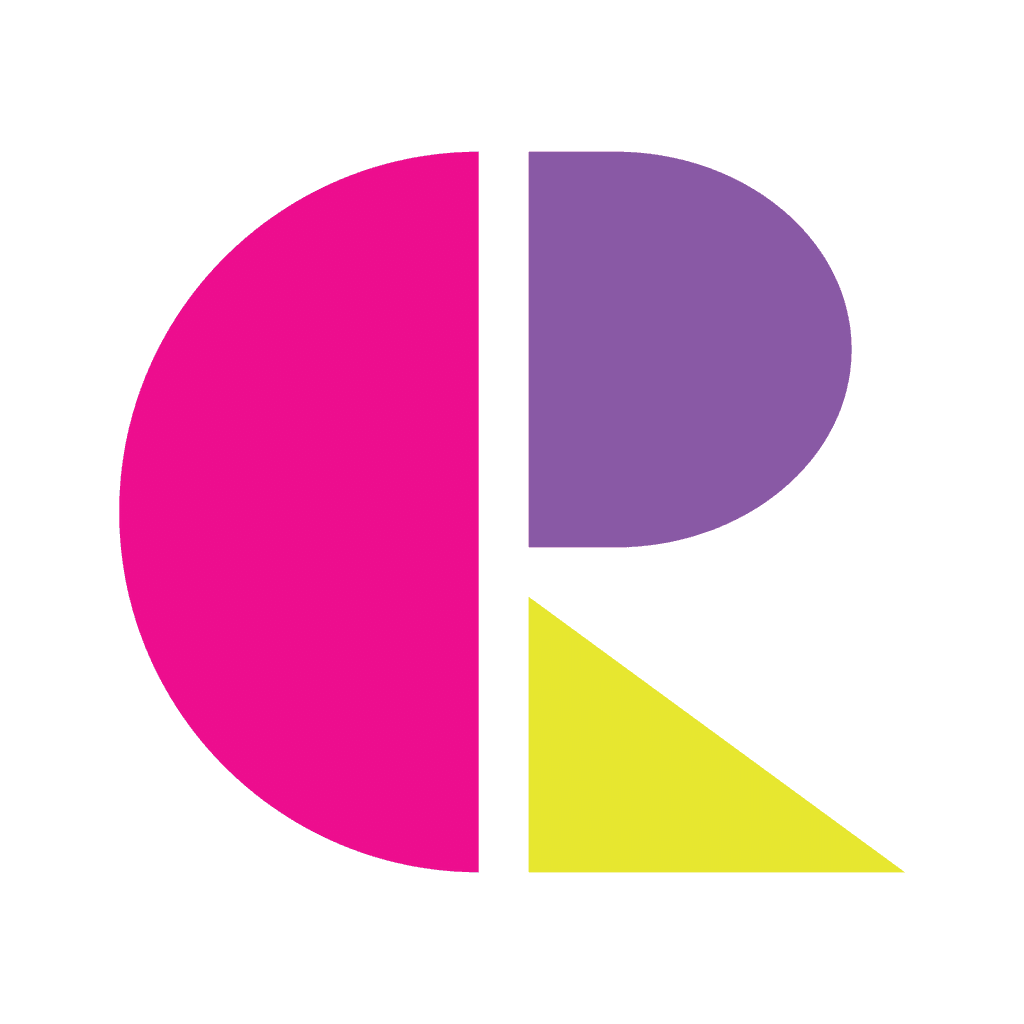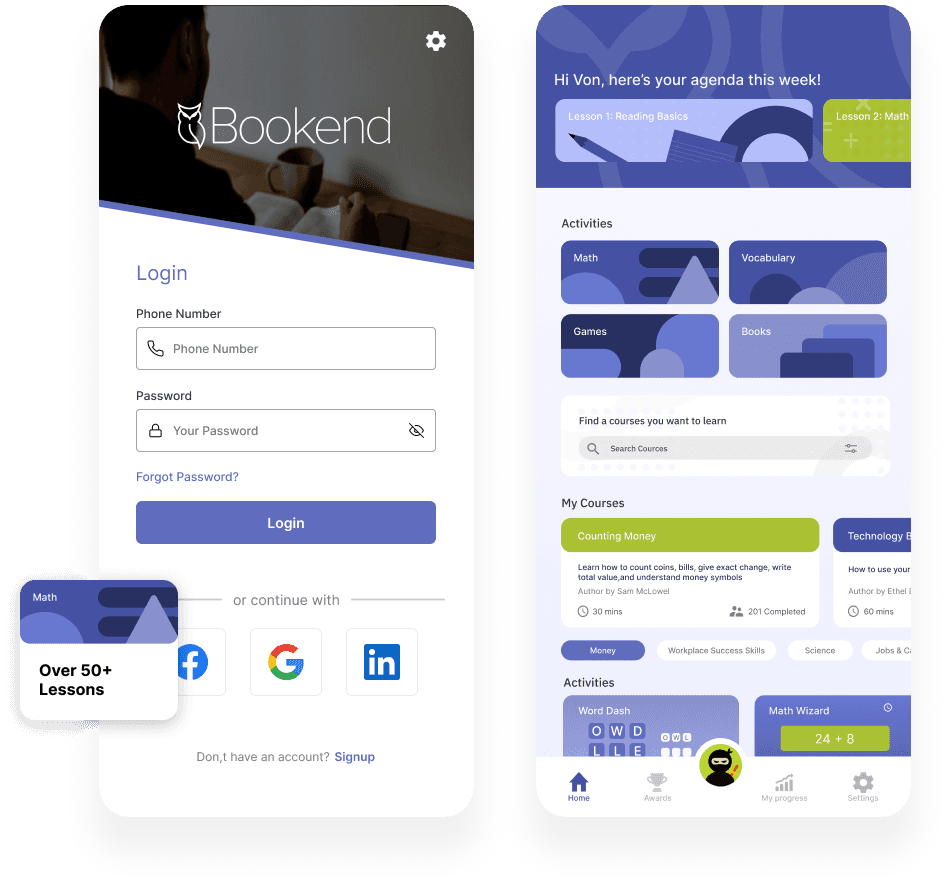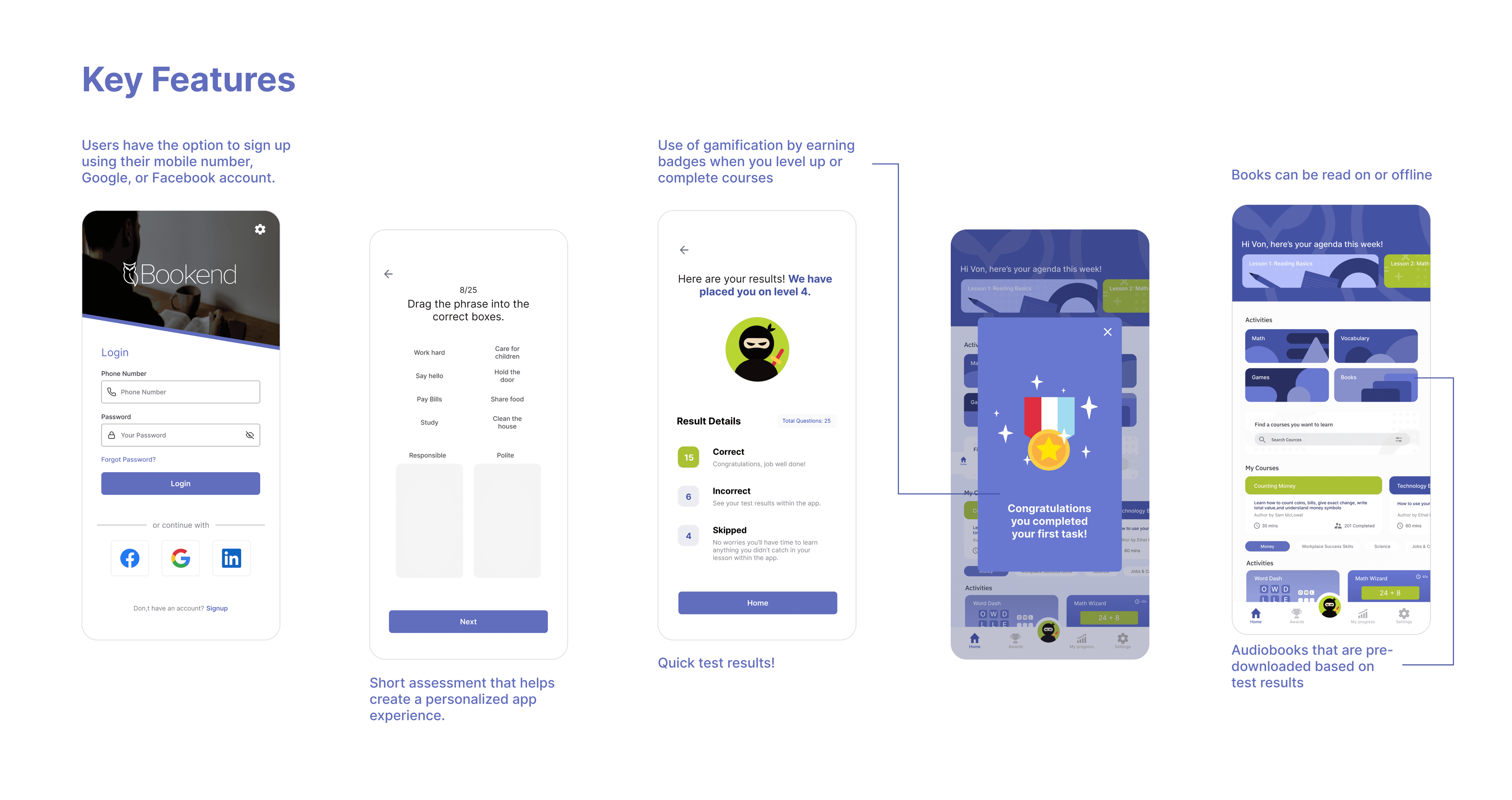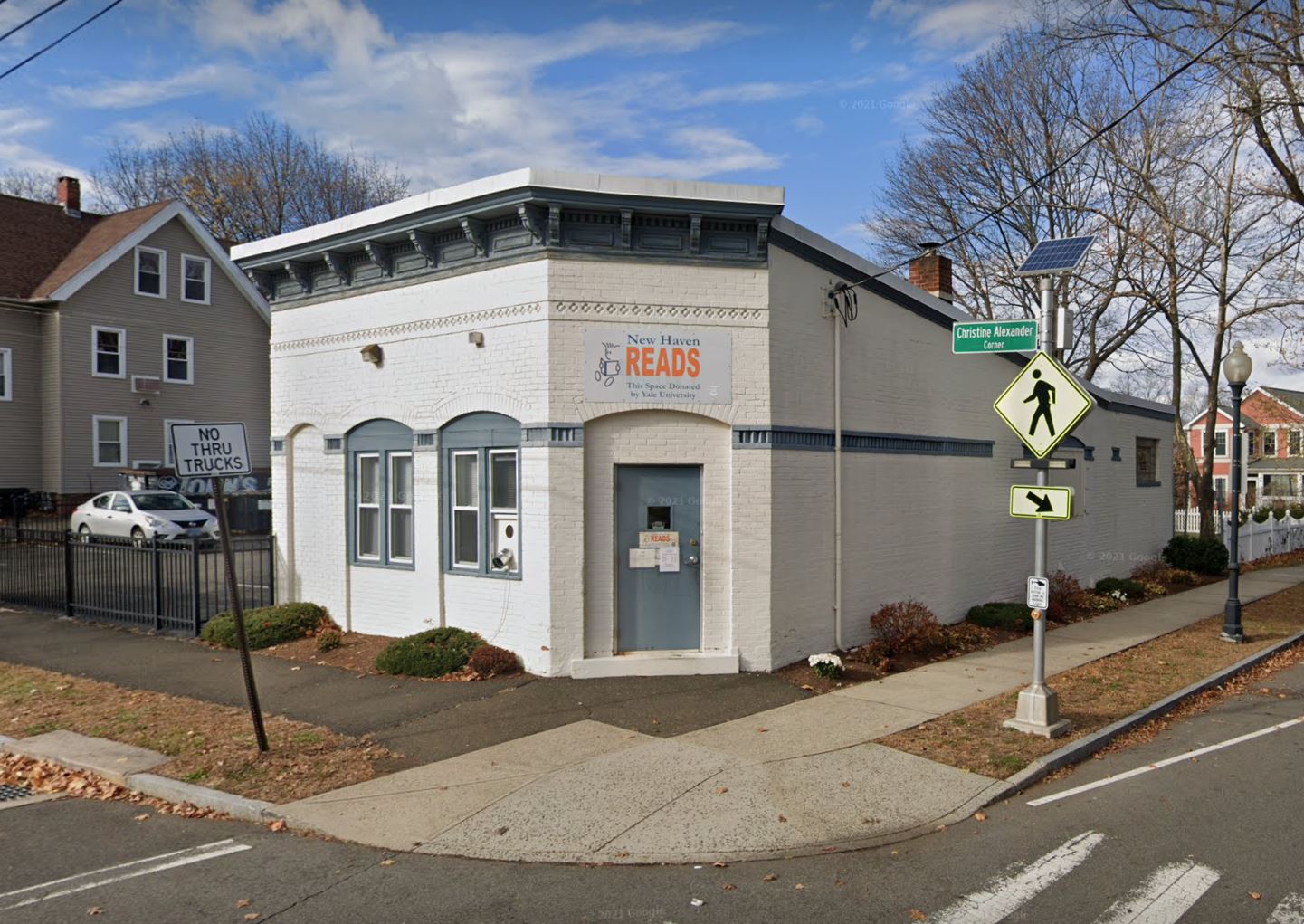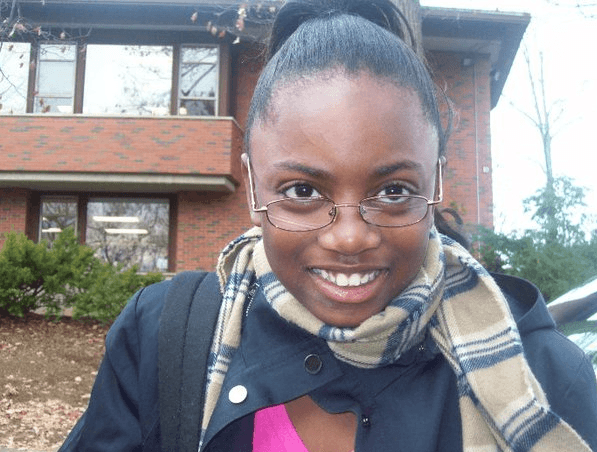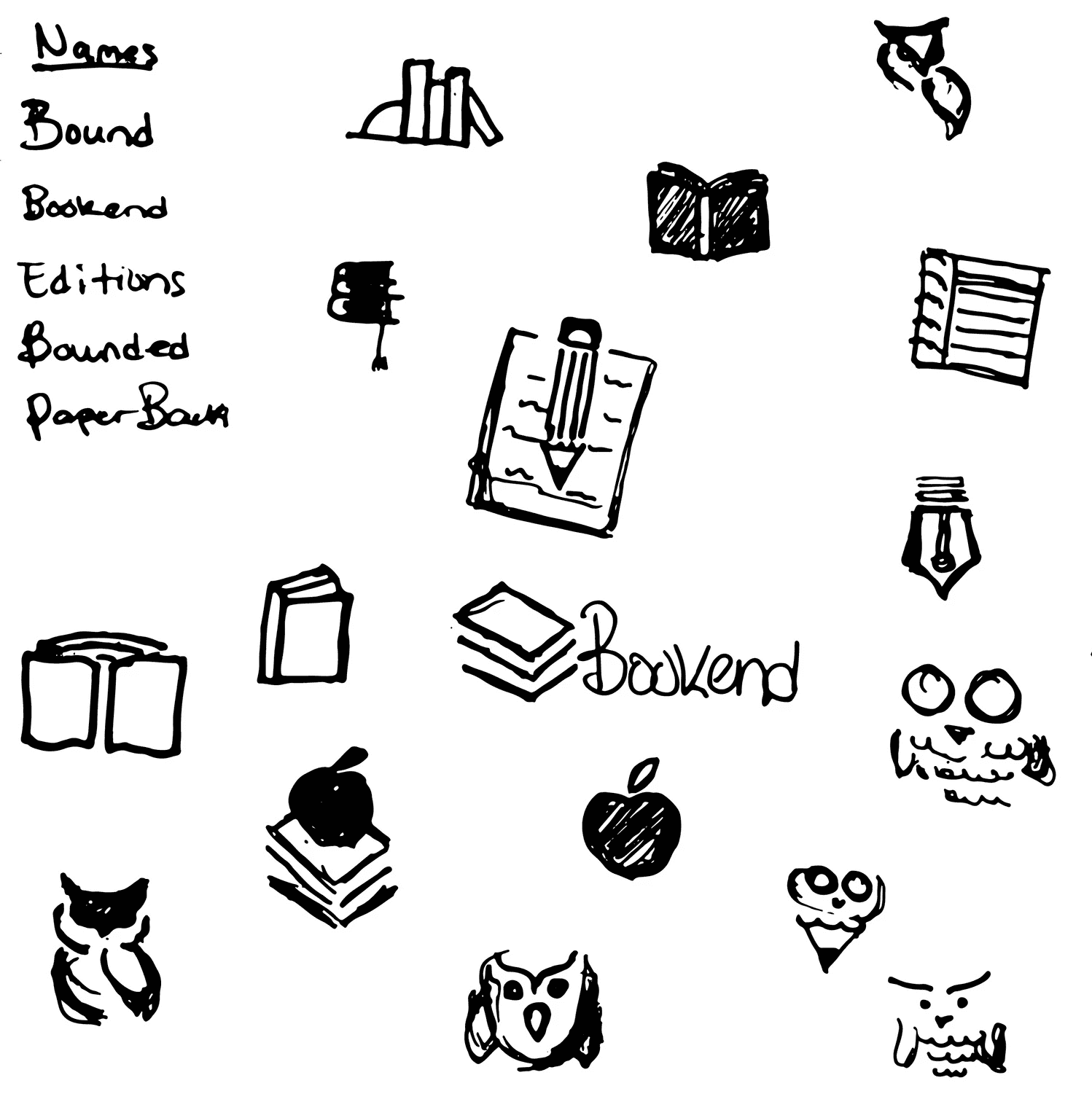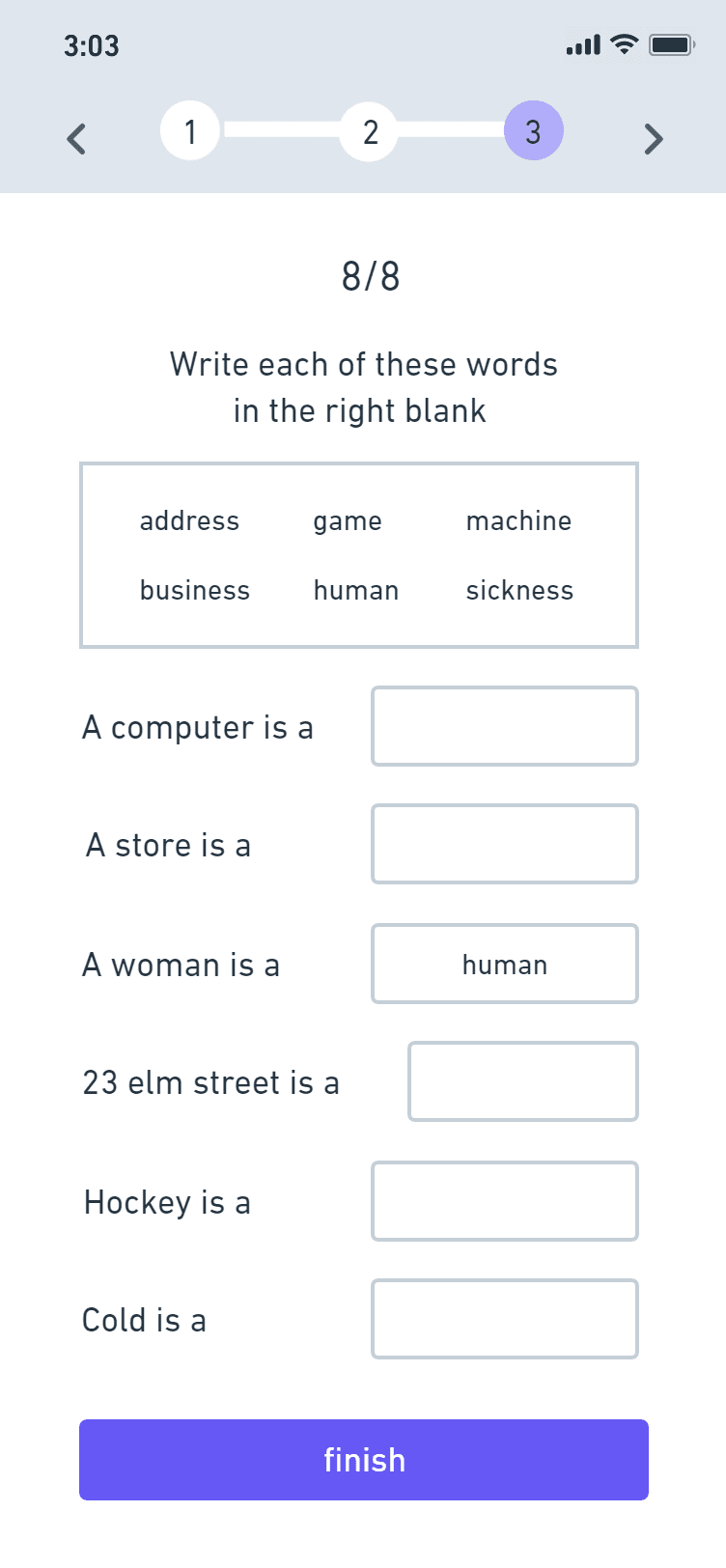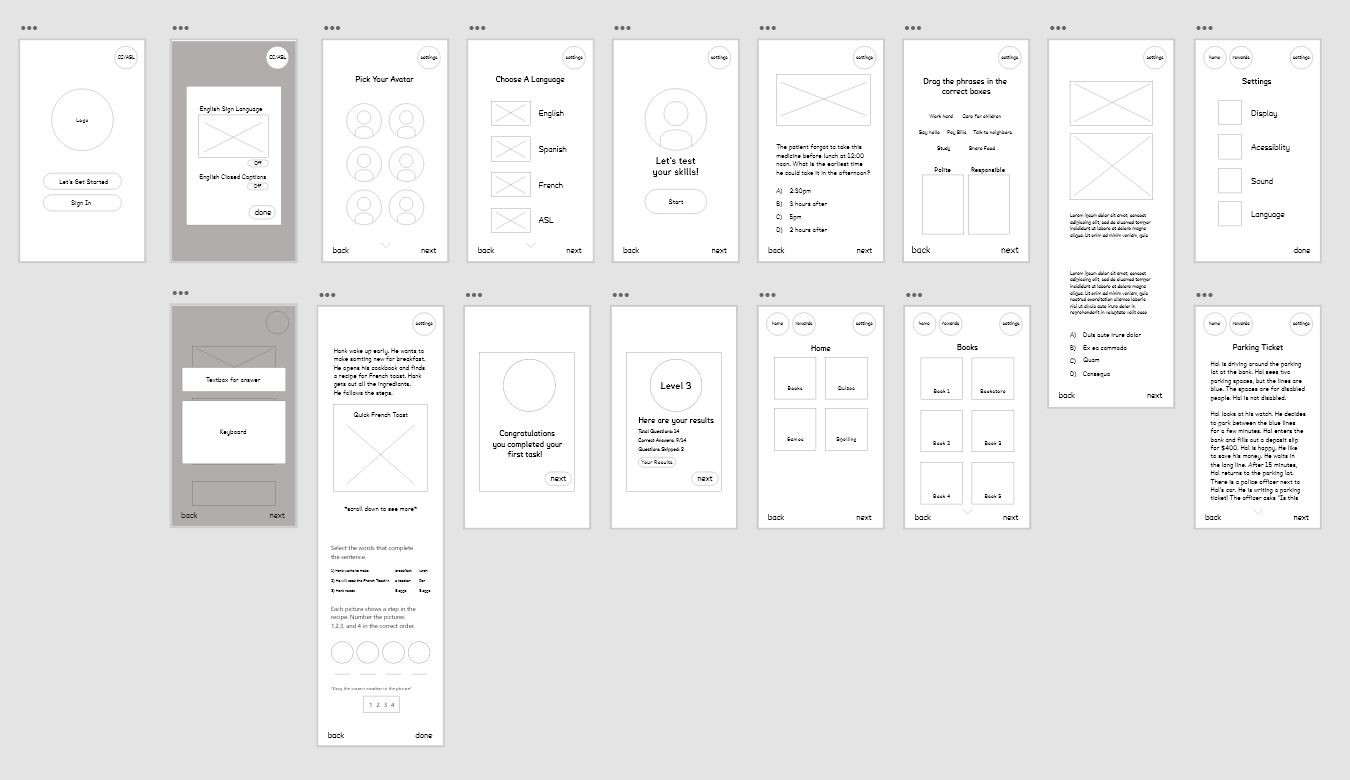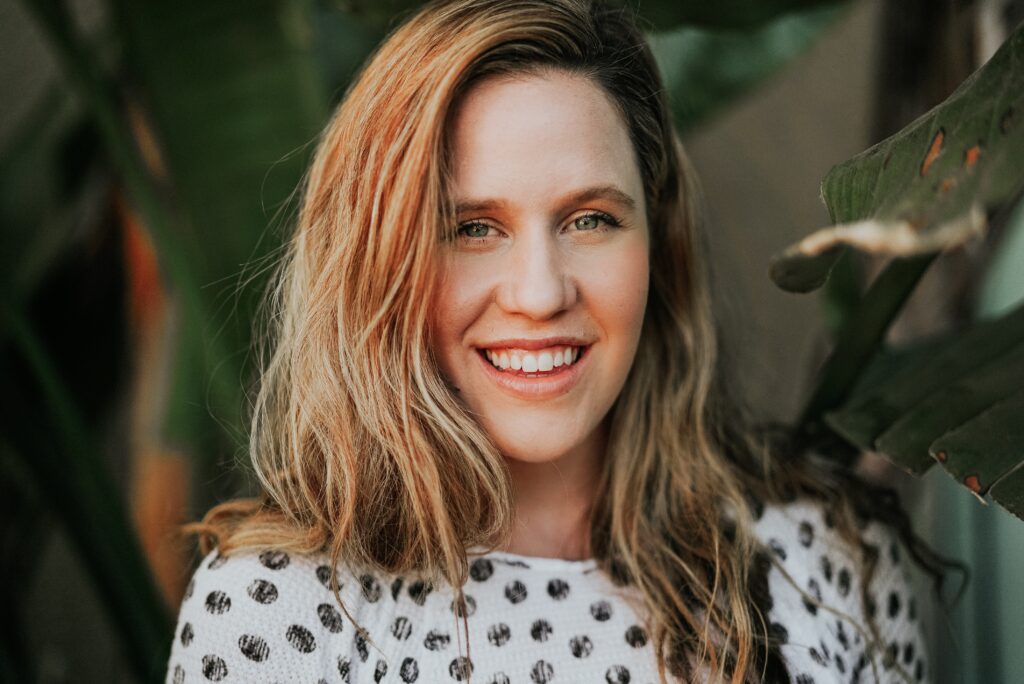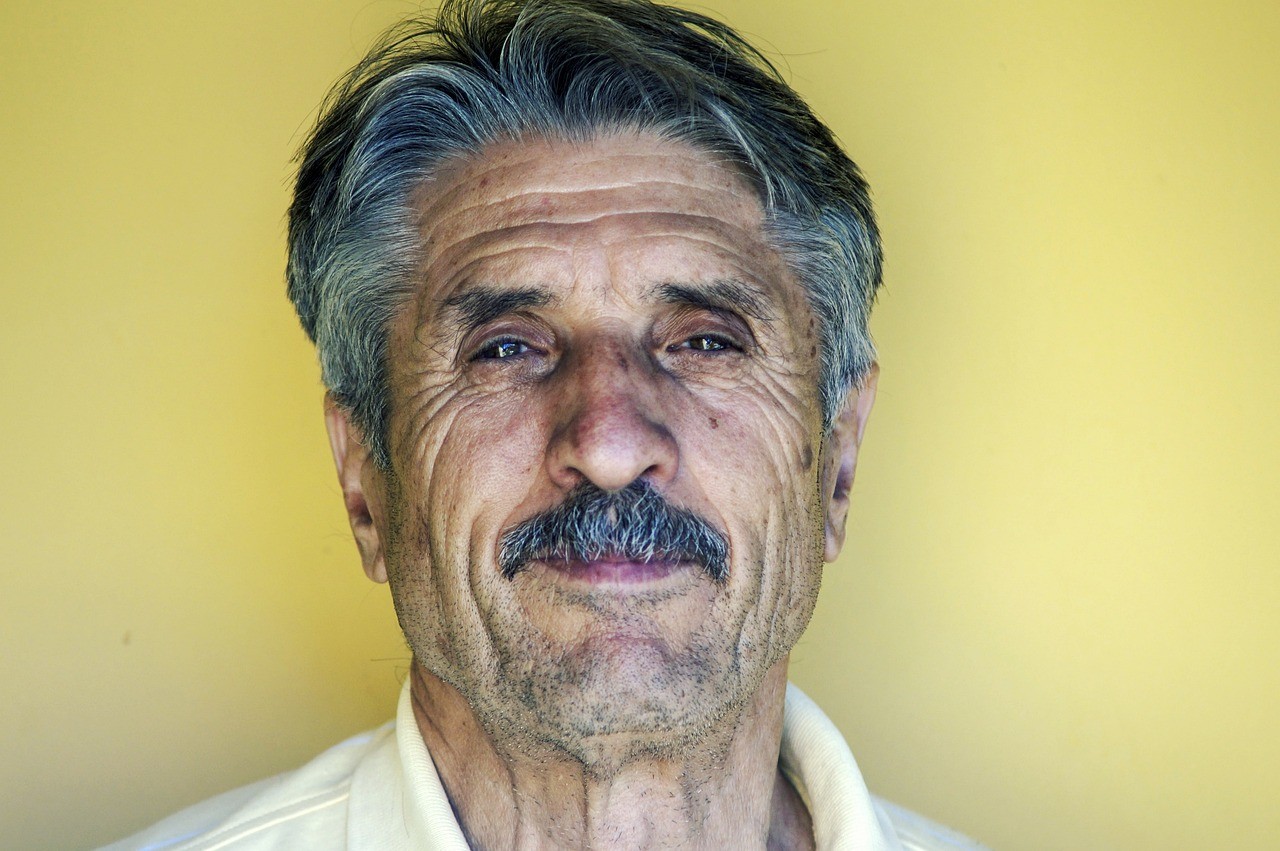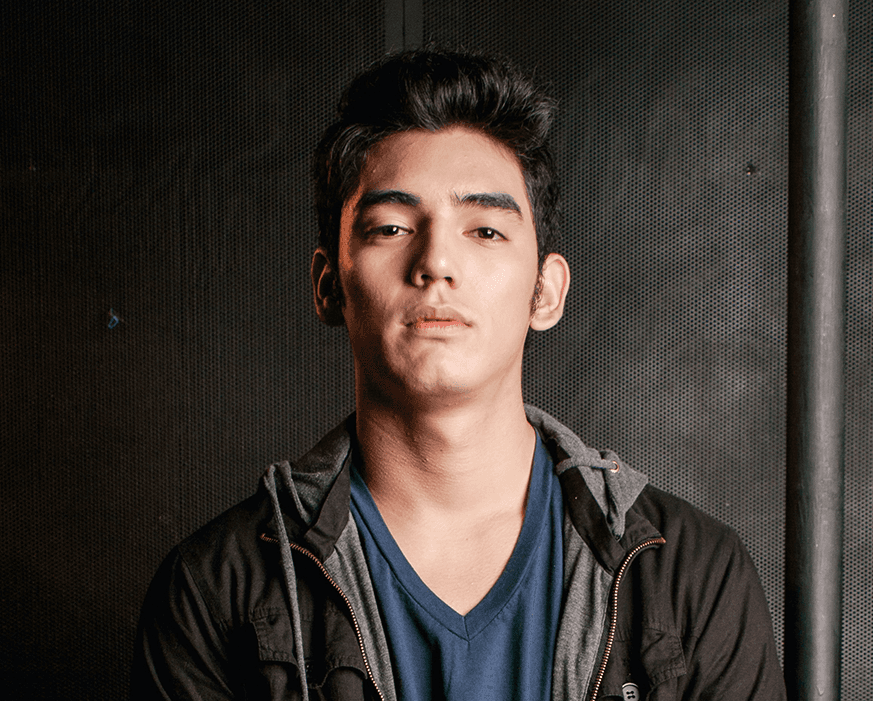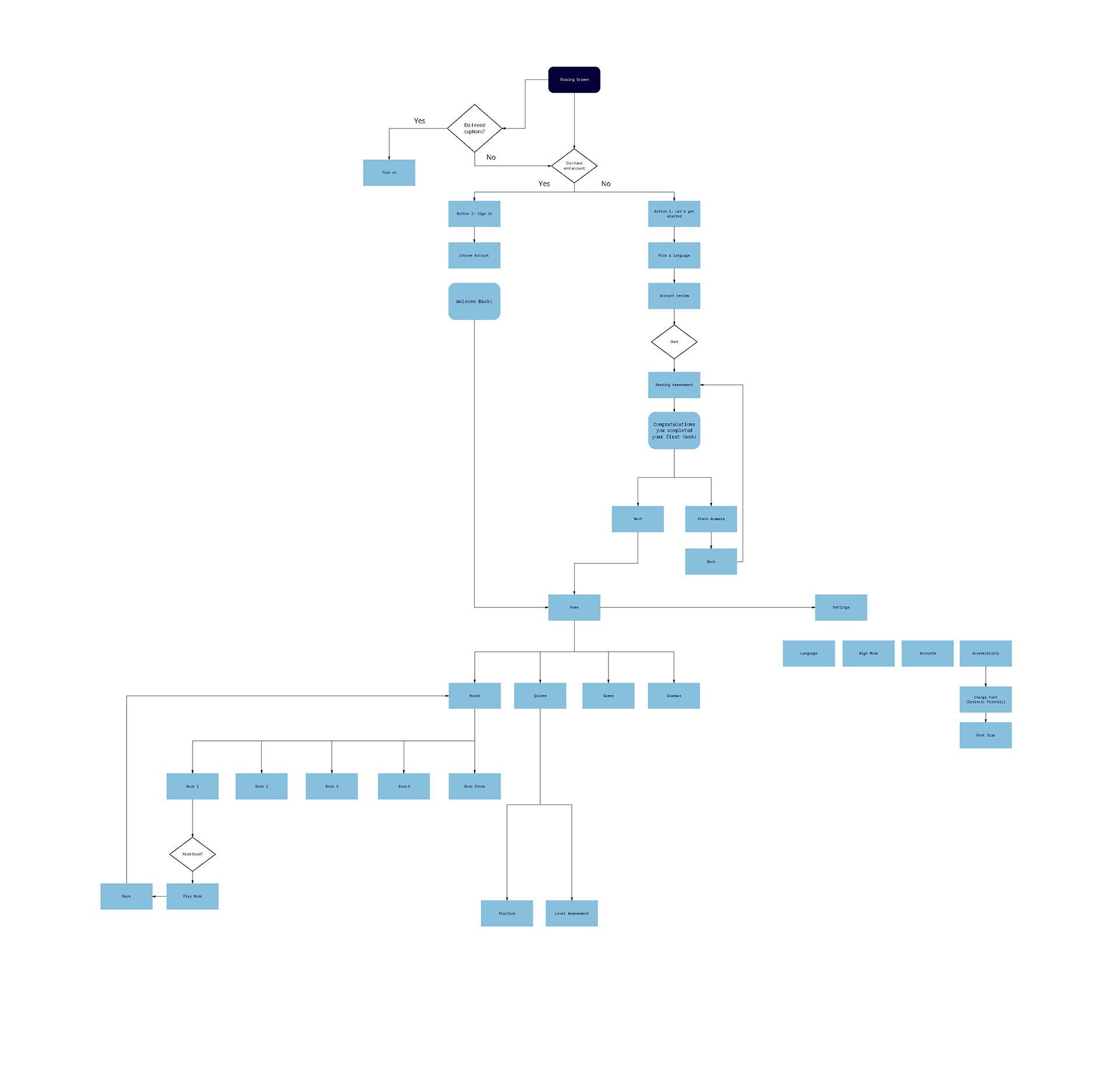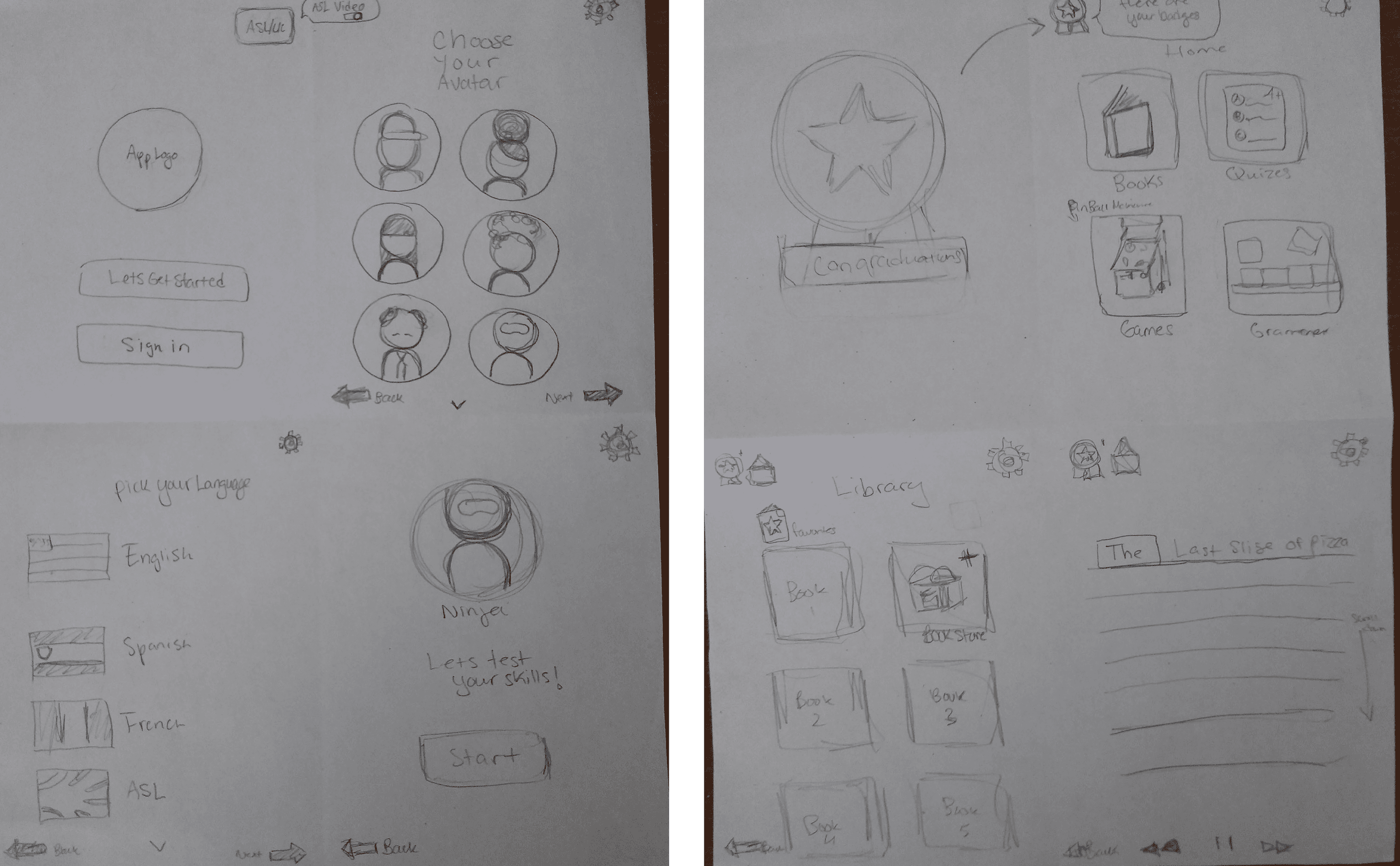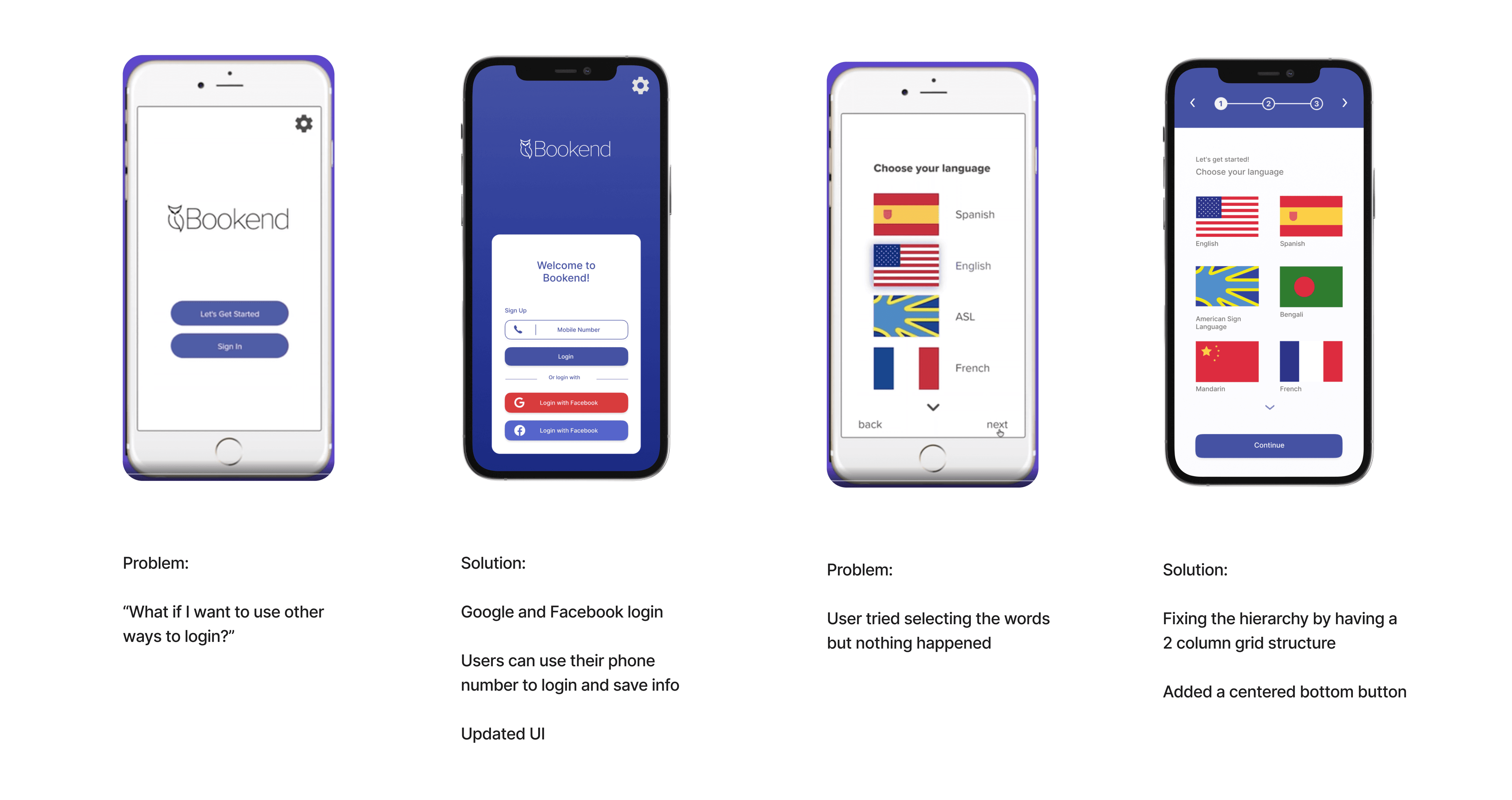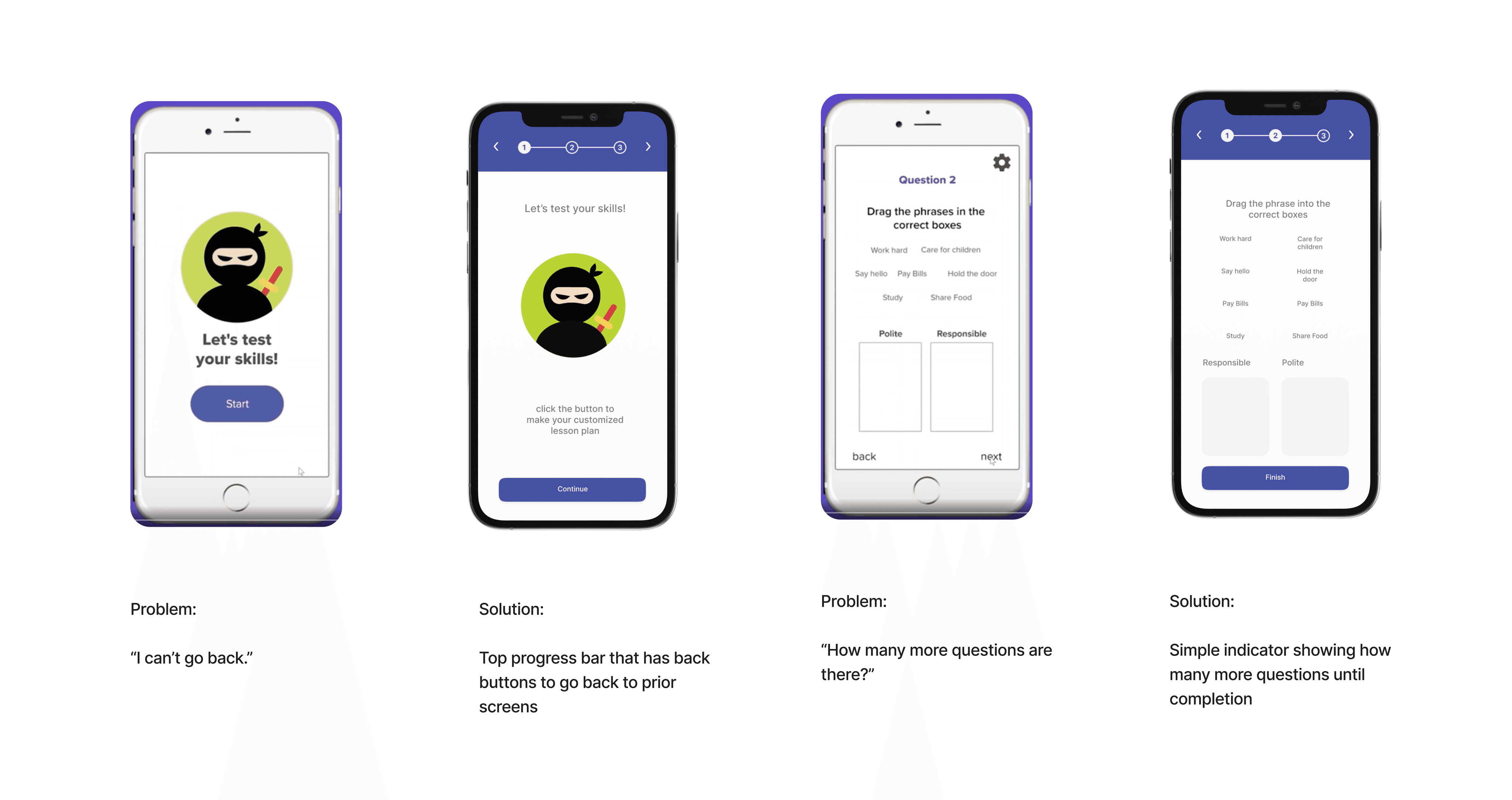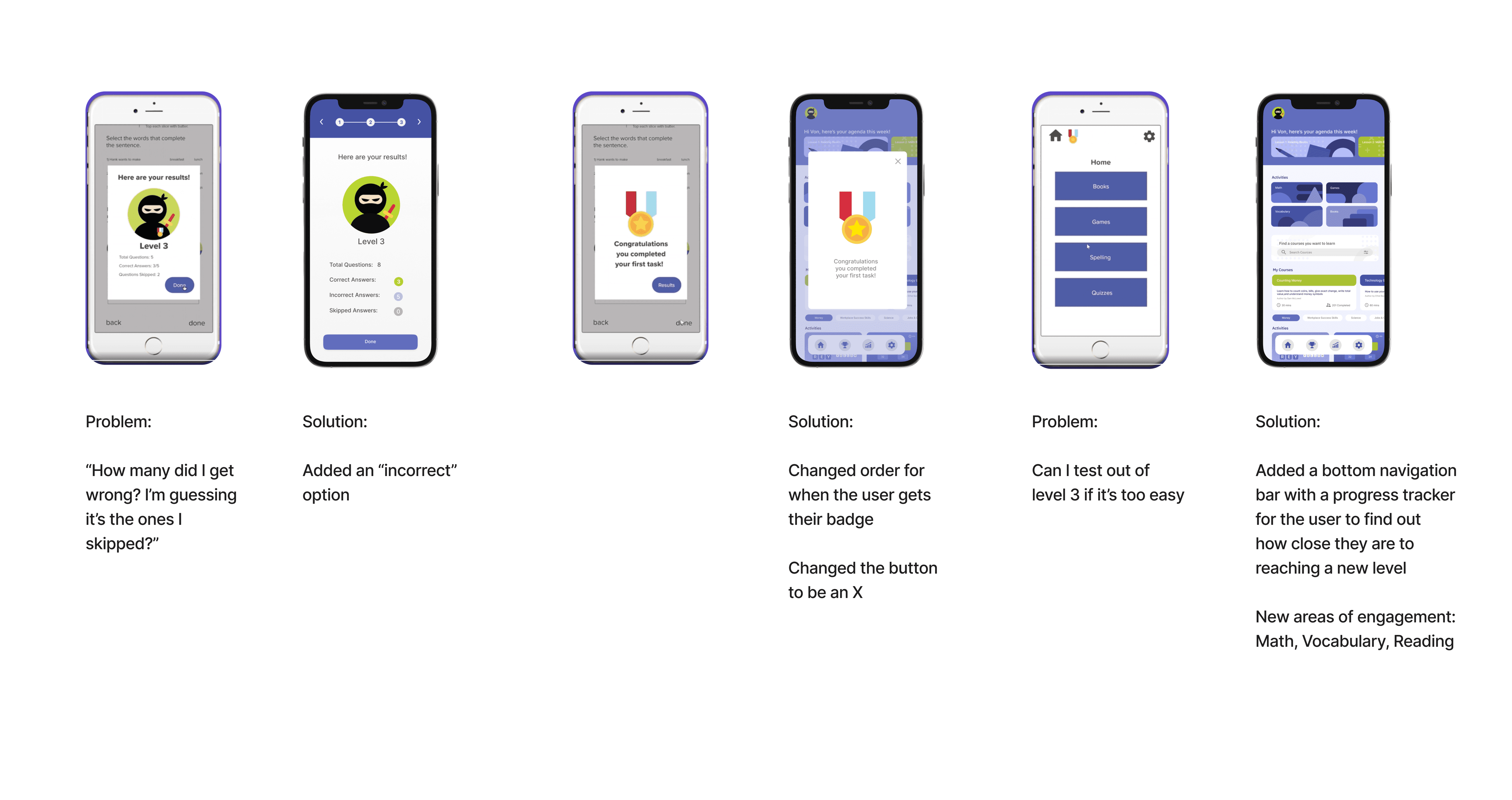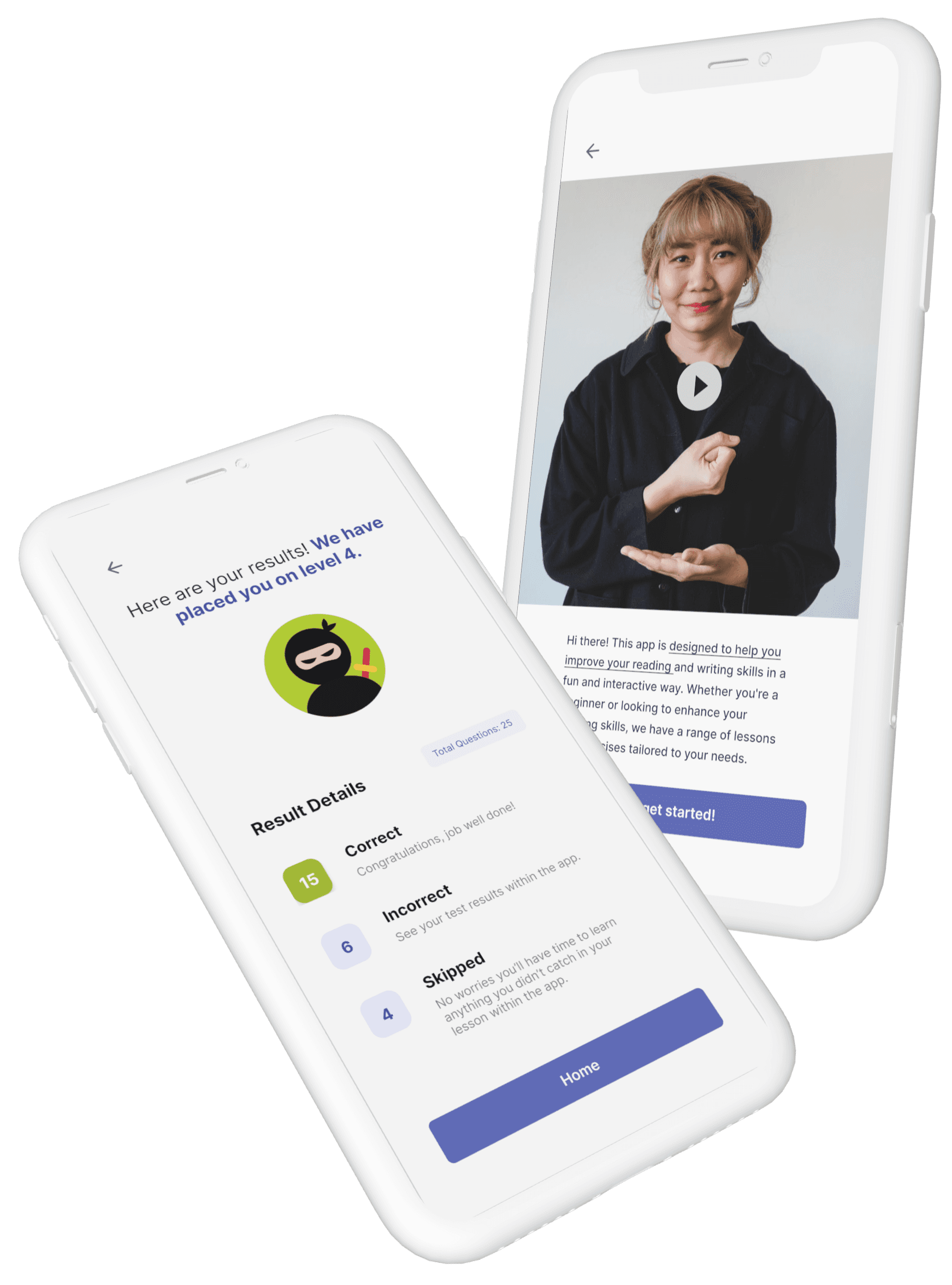Role
Product Design, UX Researcher, UI Designer
Team & Timeline
My Self, 1 1/2 Months
Tools
Figma, FigJam, Adobe Suite, After Effects, Mintel, Google Analytics, Google Survey
This project started from my own personal journey with reading.
Growing up I struggled in almost all subjects and my teacher thought I had dyslexia. So in the 3rd grade, my parents had me tested for learning disabilities. Much to everyone's surprise, I was diagnosed with ADHD which affected how I processed information.
Shortly after being diagnosed, I was put into special ed and a after-school program called New Haven Reads. I spent 5 years working 2-3 times a week on my math and reading and spelling skills. And even though I got better It still took me 14 years later to come to the realization that I was smart despite being neurodivergent.
Because this project was so personal it made the process of research, and empathizing with my users much easier.
Often people are surprised that so many Americans struggle with reading and math even in their adult age. Unfortunately, this social issue isn't talked about enough! Part of the reason why people with lower reading levels are not more vocal is due to fear of judgment or embarrassment.
Understanding the Problem
At the start of the project, I foresaw how difficult it would be to build an app that could help everybody. But I truly didn't see the full scope until I began research. There were far more barriers than I could count. Here are a few key points that I used to validate my assumptions and create my designs.
1
A wide variety of audiences
Adult illiteracy has a large age range from as early as 18 to people past their 70s. How might we connect with the wants and needs of such a wide variety of ages?
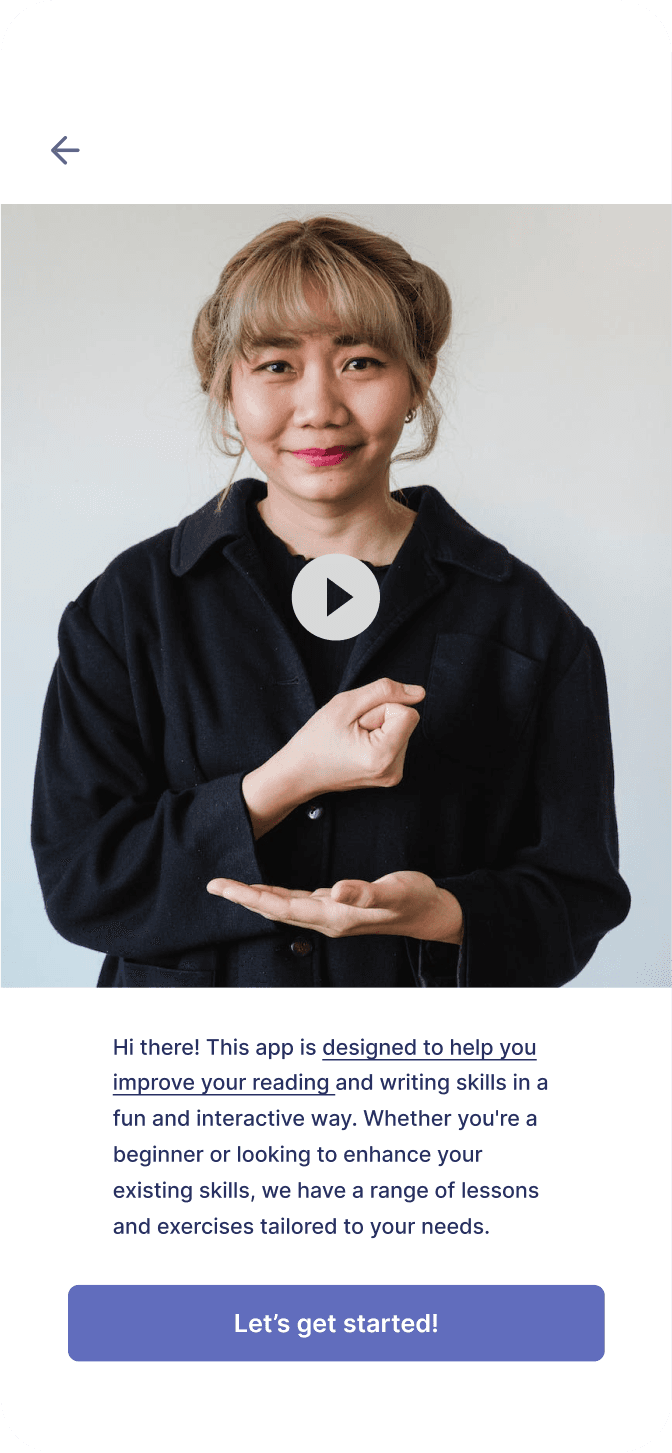
4
Large population of the Deaf community struggle to learn how to read English
RIT has a large Deaf & hard of hearing population… if I use audio cues how would they use the app? That's a whole demographic missed :(
2
The need is there
All the apps on the market are for babies or kids. I can't assume they even would want an app.
I don't want them to feel embarrassed.
5
Equal Access
Many people come from different socioeconomic backgrounds, including homeless people or immigrants. Having stable internet is a privilege so I added an offline version of the app.
2
Accessibility
My mom is like 40-something and tech challenged. I'm sure she's not the only one…
How the heck would anyone download the app if they can't read?
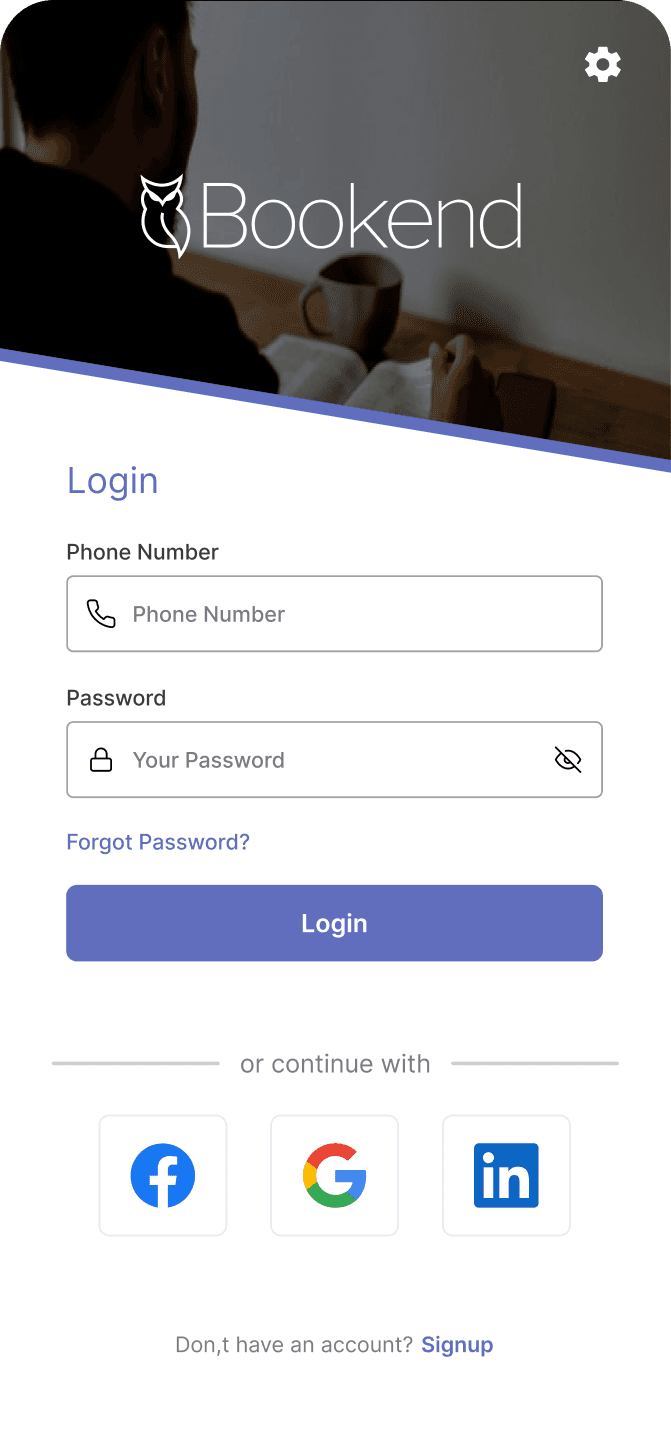
6
Customization
Adult Learning is a spectrum, and a person's path to improvement isn't linear.
Having a personalized app is imperative because each adult learner has various skills and comprehension. Some may be great at decoding, while others excel in math.
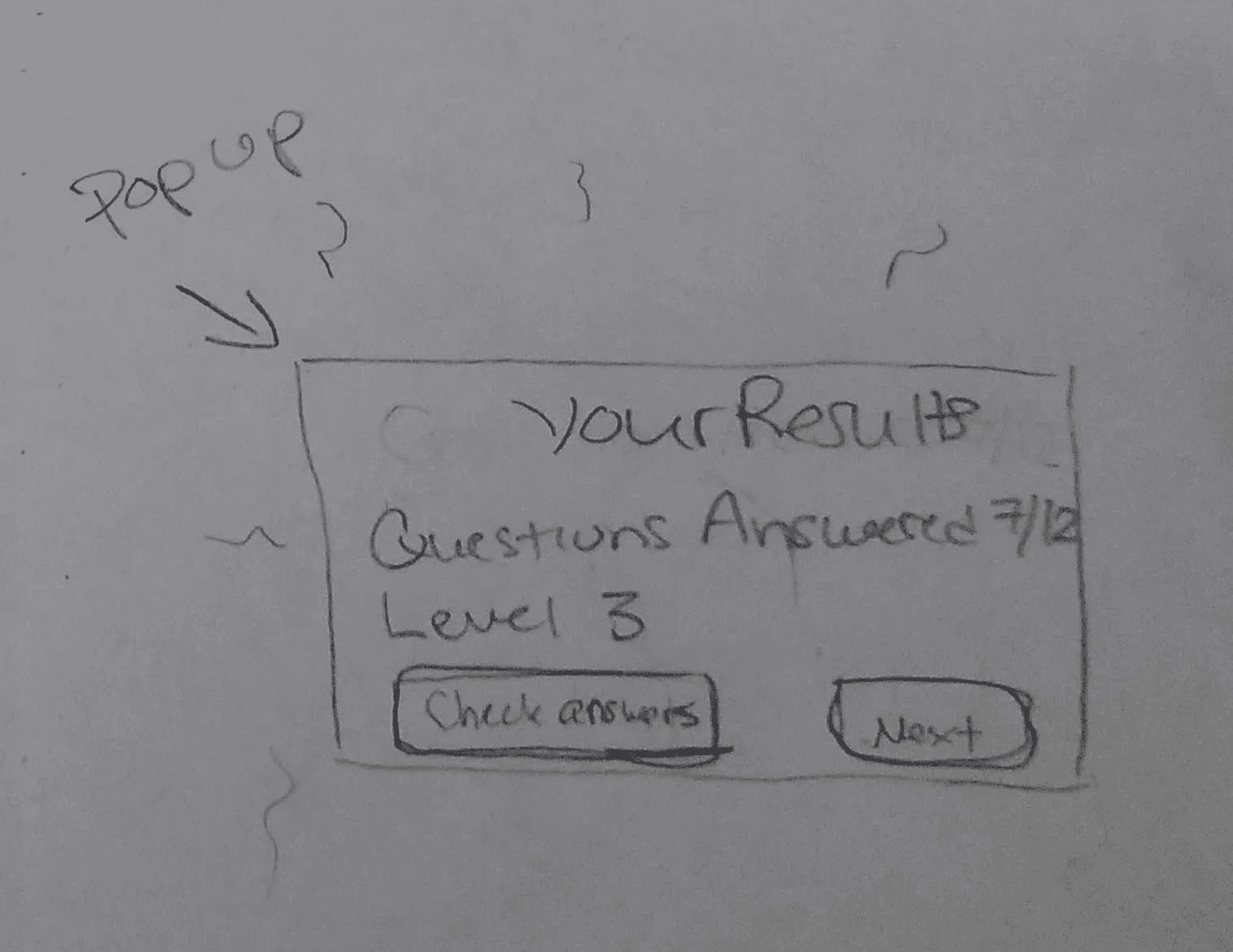

Understanding Users…
during a pandemic
At the time of this project covid-19 was still blazing strong so I adapted and took a grass root approach to surveys and interviews. I used Reddit forms, google searched educators and emailed them to gain more insight, and validate my assumptions.
To understand more about my users' workflows and their relationships with technology, I conducted remote user research with 13 participants through Google Forms + Reddit. This led to the development of 4 personas, 2 User Journey Maps, 2 Empathy Maps, and 1 User Archetype.
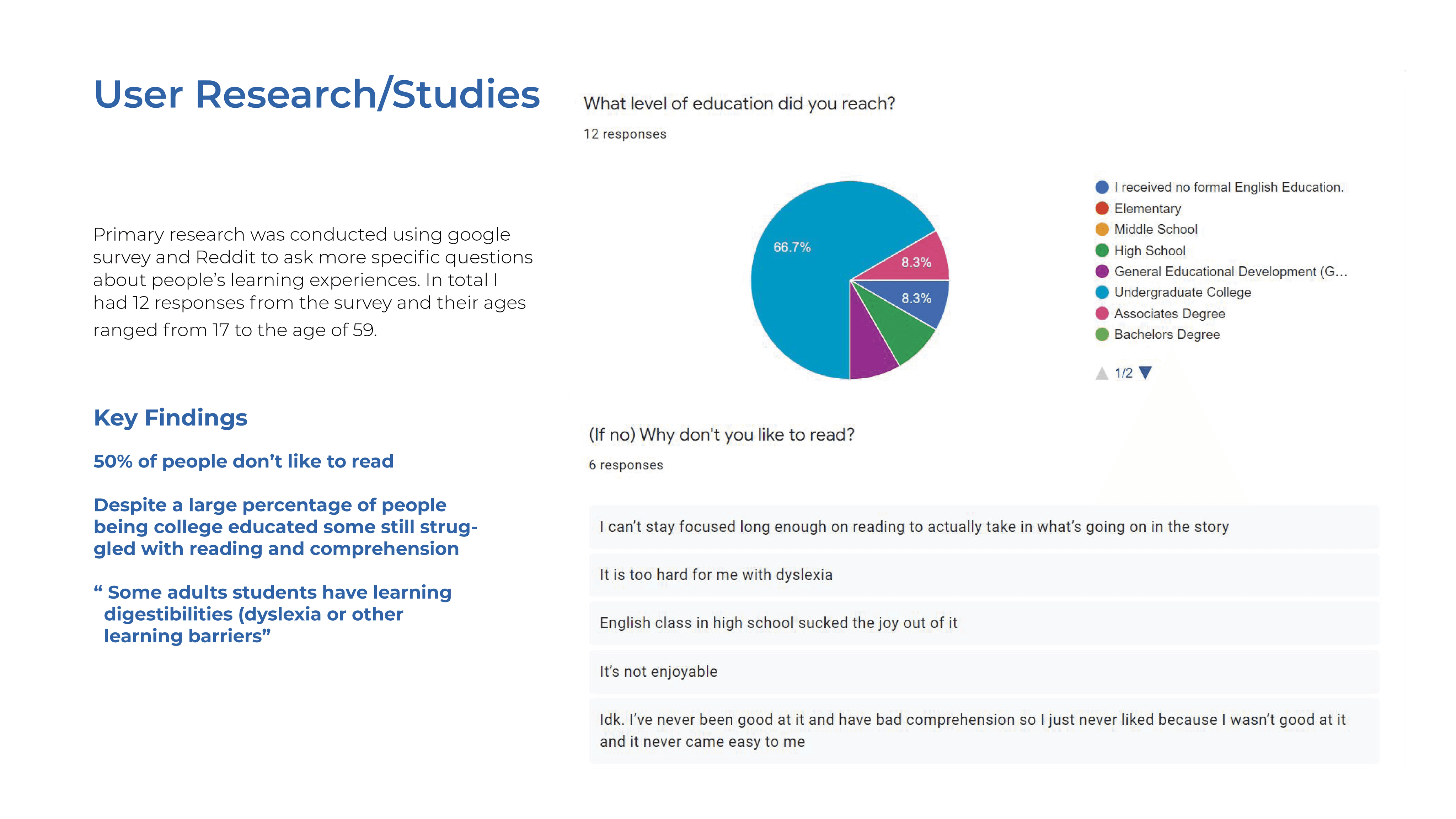
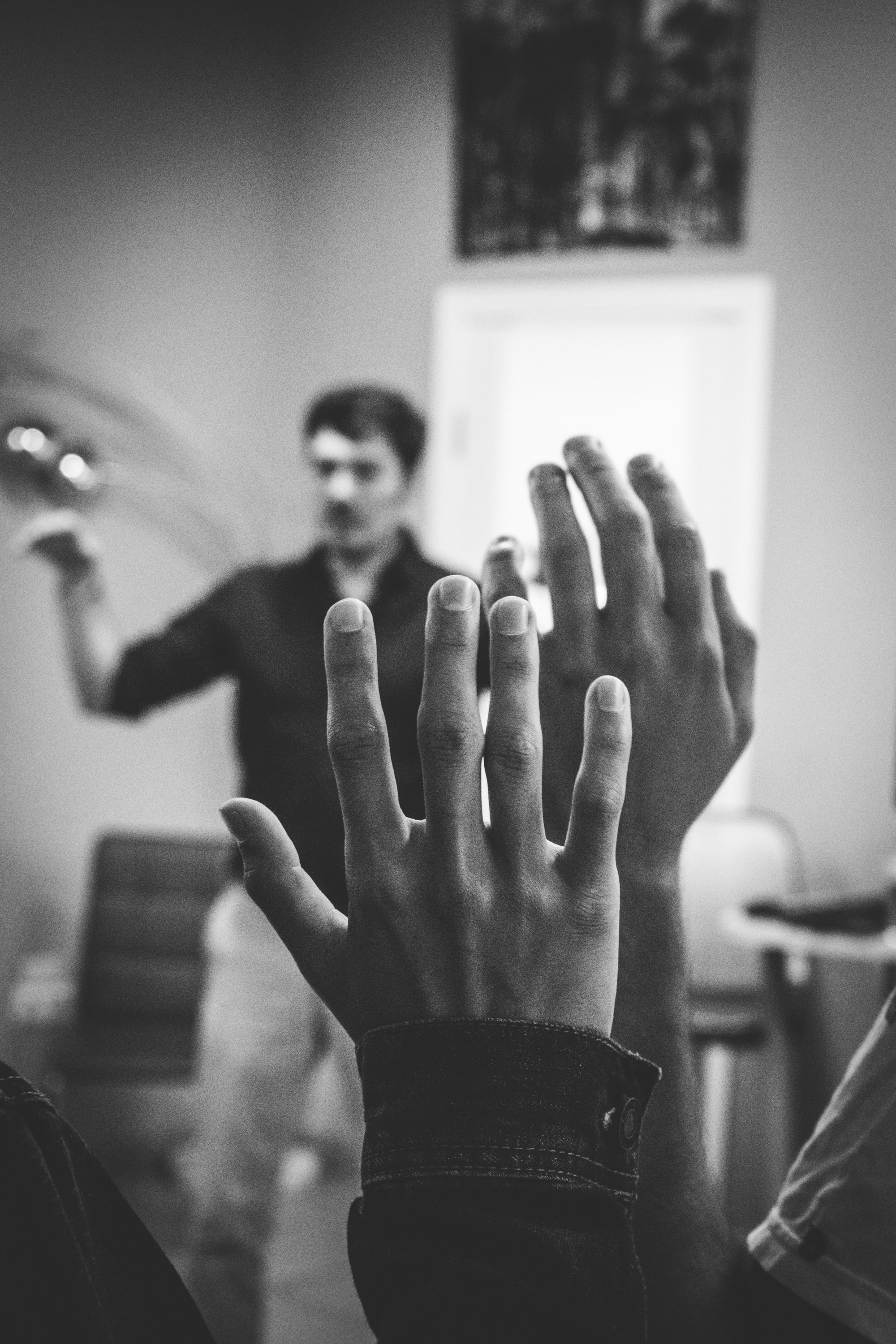
Aha moment!
After compiling the results of the survey I realized I was thinking too narrow-minded about my audiences. If this app is to be used by people with various reading abilities…This app may be best served within classrooms/learning centers.

20 yo. participant
"I've never been good at it and have bad comprehension so i just never liked [reading] because I wasn't good at it and it never came easy to me."
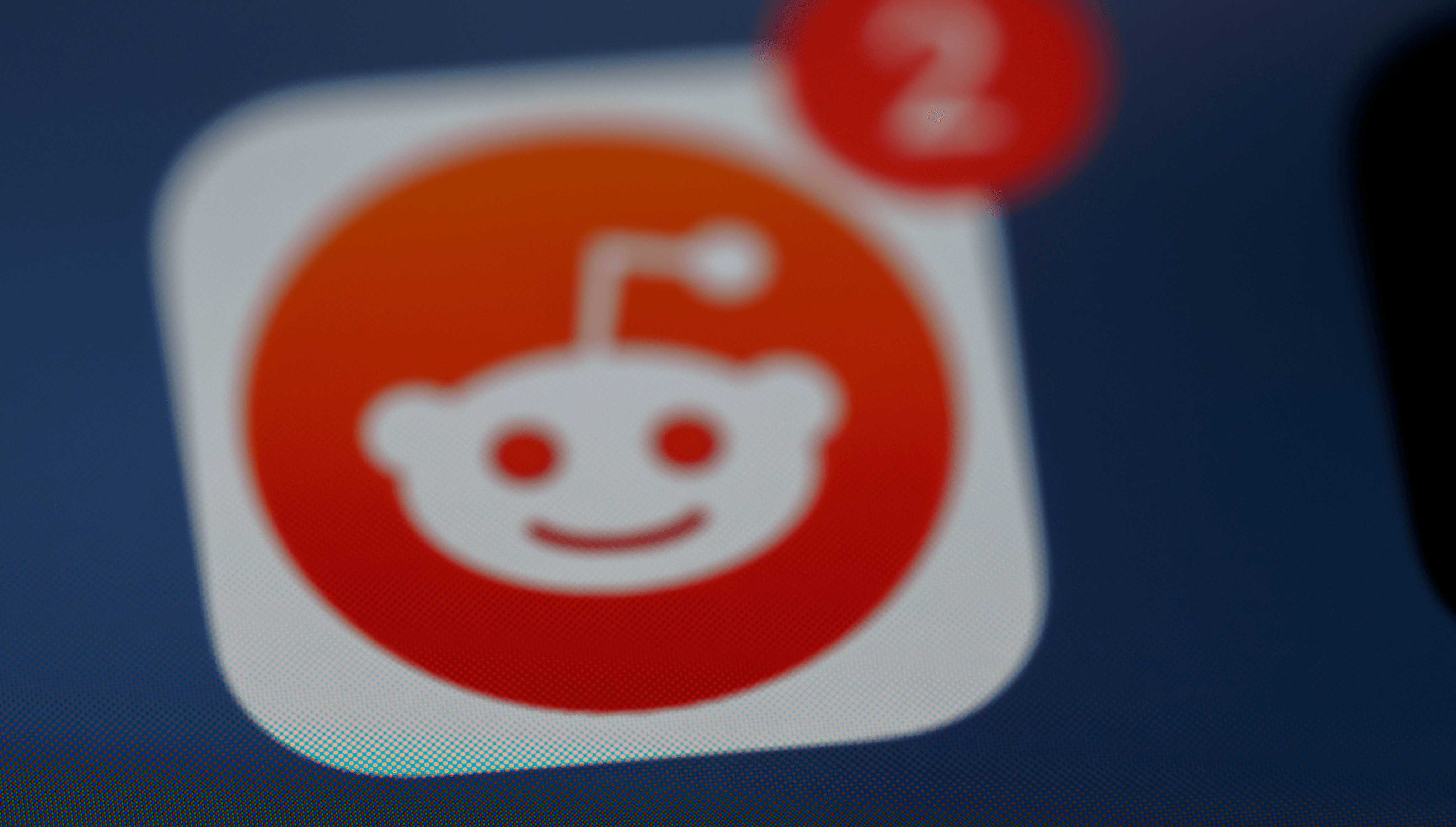
Reddit Reader
"Materials. That's the magic word. There are some very well
structured reading program for kids...but there is a real shortage of well structured resource for adults."
Cilicia Handover
Age: 38
Rochester, NY
Adult Education Teacher
Reading Level: College
Main Goal:
Make an effective lesson plan for each of her students to reach
their education goals in a cost-efficient manner.
Lupe Olmos
Age: 64
Palm Beach, FL
Store Clerk
Reading Level: 2nd Grade (English)
Bilingual (English & Spanish)
Main Goals:
Finish 1 book in English with full understanding, so he can read his grandkids a bedtime story.
Get his GED.
John Hicks
Age: 18
Marksville, LA
Reading Level: 1st Grade
Main Goals:
Acquire GED so he can get a new job promotion.
During this process, I flushed out what features were needed that would make my app both unique and efficient. After feedback from my colleagues and conducting user testing, I concluded that it was important to have a preliminary assessment, audiobooks, and an element of gamification to keep users coming back.
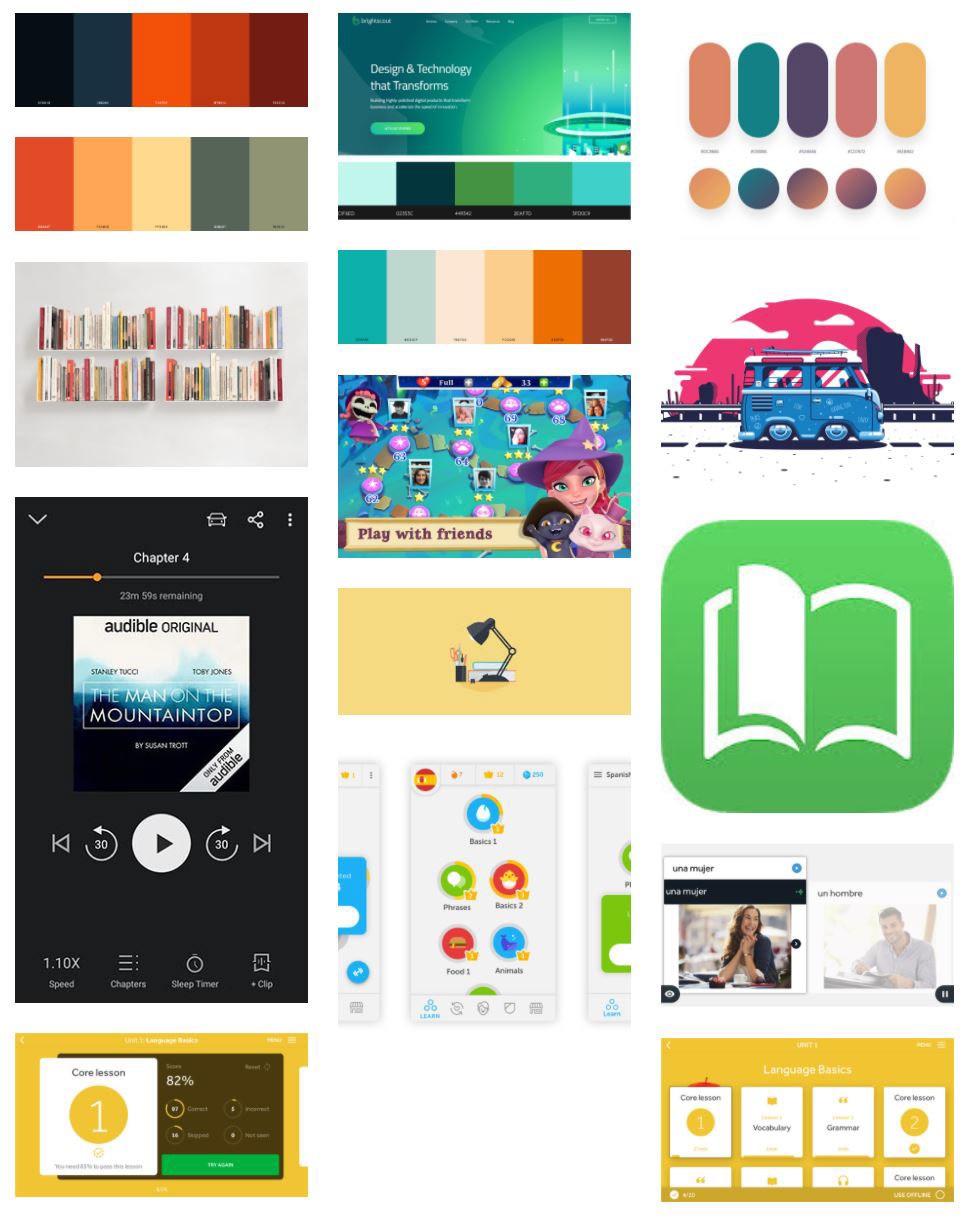
Design Exploration
User Testing: Iteration 2
After the first round of ideations, I was able to conduct user testing. My overall goal was to assess pain points the user felt while clicking through the app. Based off their feedback, I identified many problems with the UX and UI of the app.
1
A wide variety of audiences
Adding audio tutorials that can play throughout the whole experience. Through research I discovered my users best learn through visual and verbal context clues. Having verbal instructions should guide users through actions needed to complete various tasks.
2
Too many features!
I enjoyed the research aspect because I love empathizing with people and understanding the various mindsets a user can have. But because I had to look at so many viewpoints, I realized it's difficult to put all the features you want into one single app. I have to consolidate my feature set.
3
Add captioning
Another thing that needs improvement is the ASL and captioning. I have to find a more logical way for the captioning to come on the screen. I have to make sure it doesn't block
important information.
